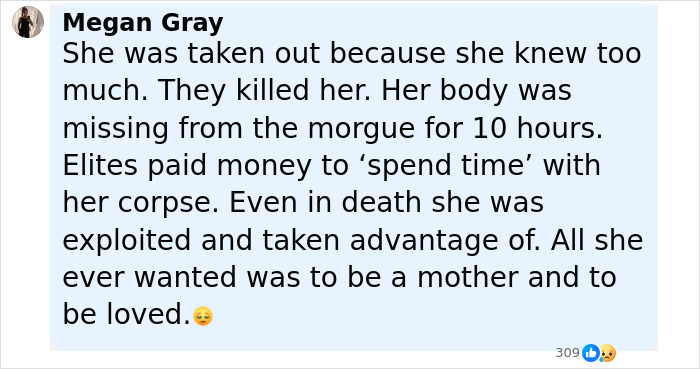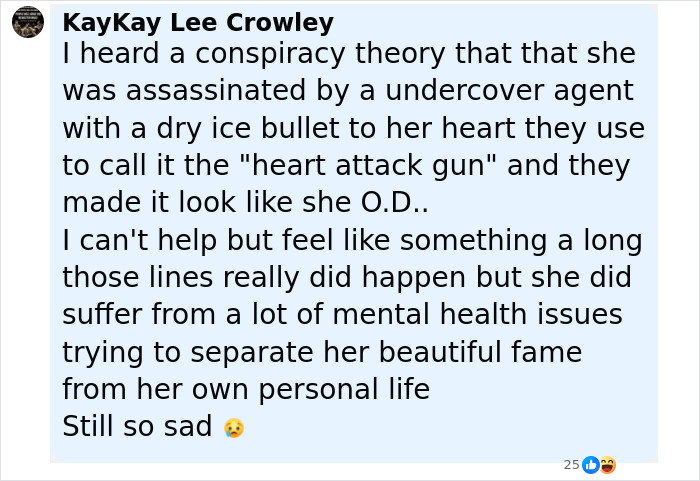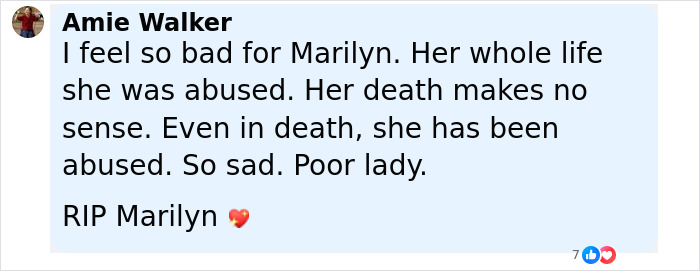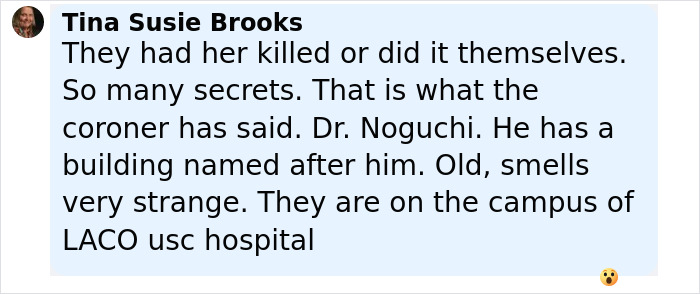Six long decades after Marilyn Monroe’s passing froze Hollywood, the man who performed her autopsy has broken his silence, raising serious questions about the case.
Thomas Noguchi was just 37 years old and one of the newest deputy coroners in Los Angeles County in August 1962 when he was tasked with examining the body of the world’s most famous blonde bombshell.
Officially, the 36-year-old star was ruled a victim of “probable self-harm” caused by an overdose of sedatives, but Noguchi claims that there’s more to the story.
As stated in the book LA Coroner, released earlier this year, the officer revealed that key evidence that could’ve confirmed or contradicted Monroe’s cause of passing was destroyed before he could examine it.
Coroner who performed autopsy on Marilyn Monroe broke silence to reveal key evidence was destroyed

Monroe, born Norma Jeane Mortensen, had become one of Hollywood’s highest-paid actresses by the early 1960s, starring in films that grossed the equivalent of $2 billion today.
Just two months after her famous “Happy Birthday” serenade to President John F. Kennedy, she was found bare, lying face-down in bed with one hand outstretched to the telephone.
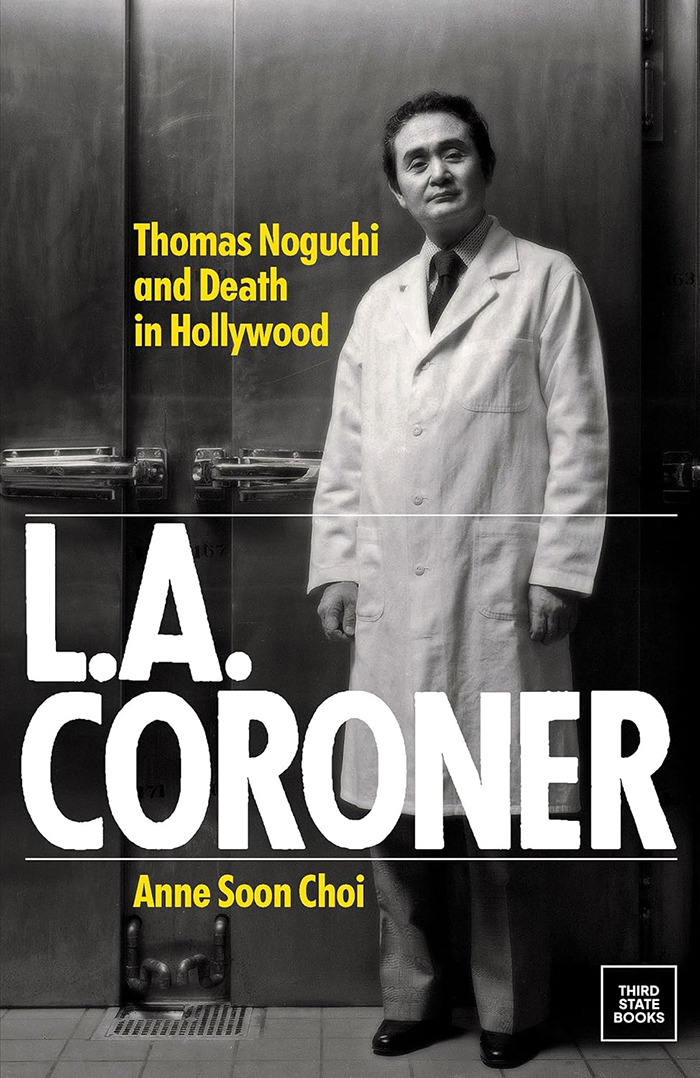
Empty pill bottles were scattered on her bedside table, as well as a recently filled prescription for Nembutal: a potent injectable sedative used in hospitals to control seizures.
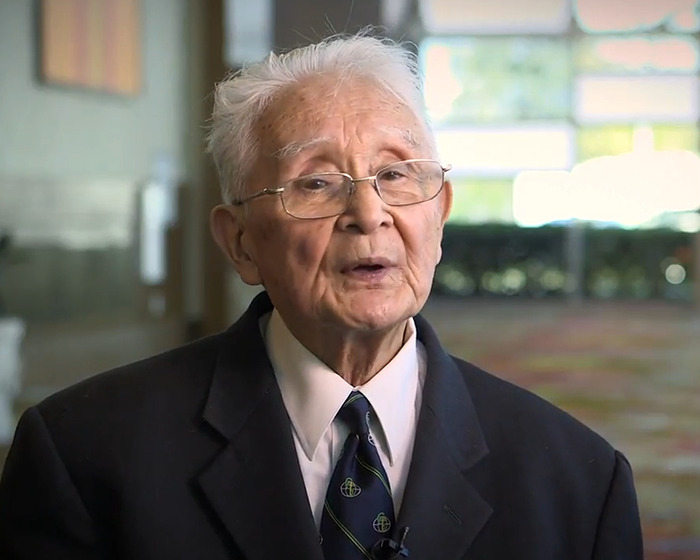
Noguchi, taking this into consideration, began the autopsy by checking Monroe’s body for signs of an injection.
He examined the crook of her elbows, thighs, the webbing between her fingers and toes, even her scalp, but found no needle marks. He then made the Y-shaped incision and inspected her stomach and small intestine.
To his surprise, there was no visible residue of pills.
Noguchi affirmed that Monroe’s insides were hastily disposed of before he could thoroughly examine them
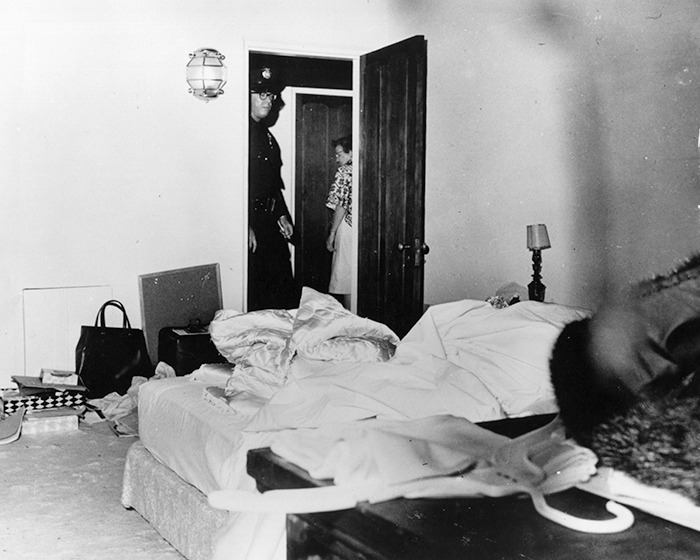
Confused, he collected samples of her blood, urine, liver, kidneys, and digestive tract for toxicology—anything that could prove the official version of events to be true.
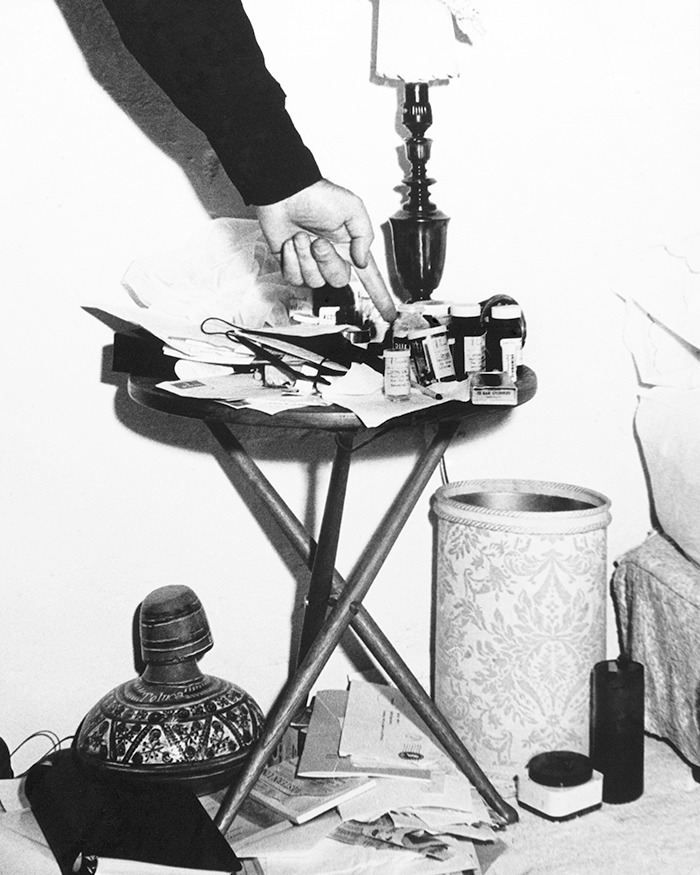
Days later, Noguchi brought his findings and concerns to the toxicologist Raymond Abernathy, who proceeded to write a report affirming that fatal levels of the sedative pentobarbital and chloral hydrate were found in her system.
Abernathy would abruptly decide not to run any further tests on her stomach or other organs, a decision that left Noguchi stunned.
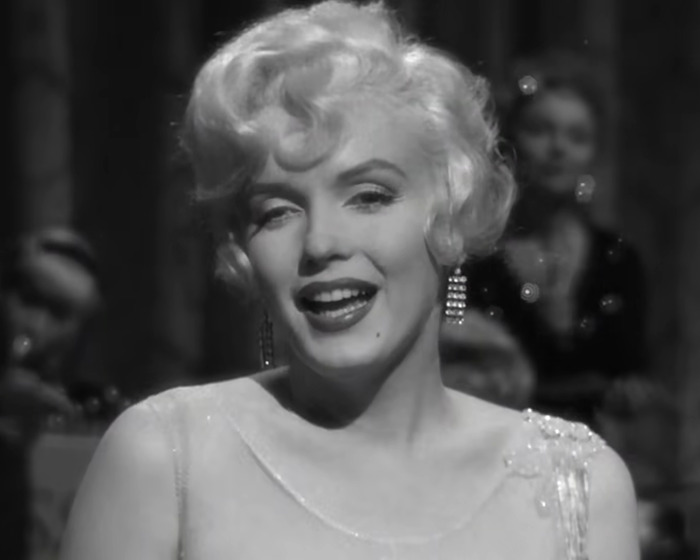
“It left too many questions unanswered, and ultimately, as the pathologist who conducted the physical autopsy, I would be held responsible,” Noguchi said, revealing that Abernathy had disposed of Monroe’s organs before he could properly test them.
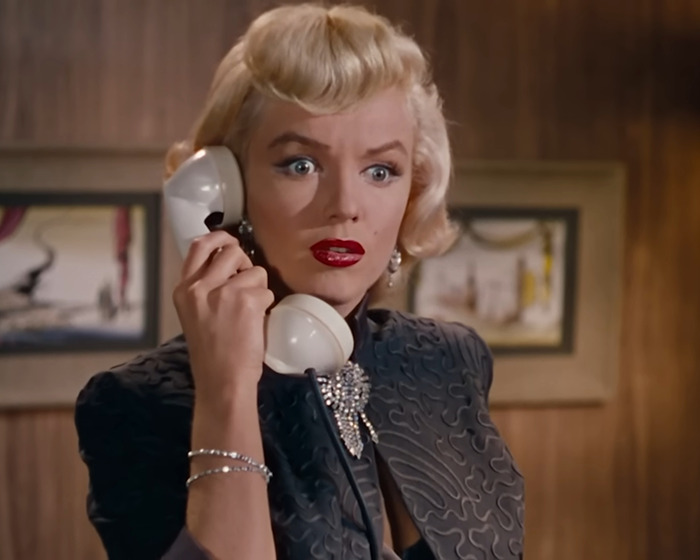
Without those tests, Noguchi said, it was impossible to rule out that Monroe had lost her life as a result of an injection rather than by swallowing pills, which would’ve opened key venues for investigation.
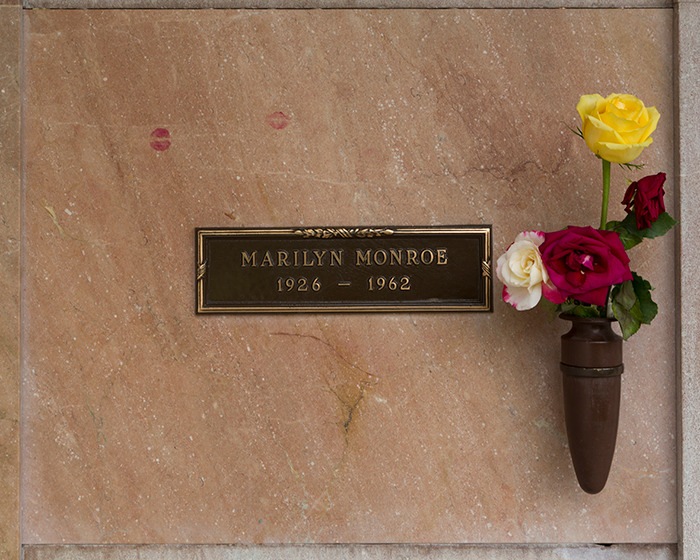
“What could I do? I couldn’t challenge [Chief Coroner Theodore] Curphey or the head toxicologist,” he added.
Official reports concluded that Monroe died by self-harm, a finding Noguchi still doubts to this day. The haste with which the case was handled has left him with a suspicion that has haunted him for 60 years.
Noguchi is far from the only person to question the official story. Over the decades, others have alleged that Monroe’s case involved foul play

Former vice detective Fred Otash, a notorious Hollywood “fact verifier” for gossip magazines, claimed in the early 90s that he had planted a hidden microphone in Monroe’s home in the days before she was found.

According to Otash, the recording captured a vicious argument involving Attorney General Robert F. Kennedy and actor Peter Lawford.
He alleged Monroe was screaming before RFK allegedly pressed a pillow over her to muffle the sound. Otash claimed she eventually went quiet, and that Kennedy then looked for a way to leave the scene.
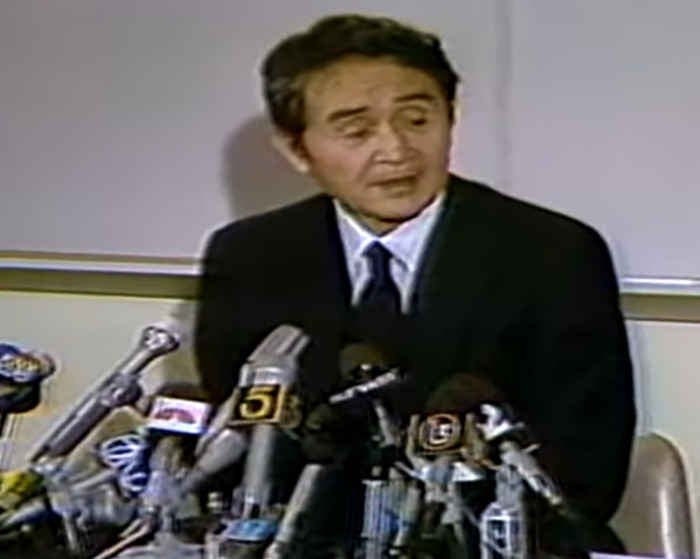
Similar theories have circulated over the years, such as one that suggested the actress was pregnant with JFK’s child and eliminated by rogue government operatives.
These conspiracies are fueled by declassified FBI files released under the Freedom of Information Act in the 80s and 90s. These documents showed that the FBI maintained an active file on Monroe from the late 1950s until her passing in 1962.
Federal authorities were tracking her political associations, relationships, and movements, as well as her vulnerability to being used for political leverage.
“We know who did this.” Netizens took to social media to share their own theories
